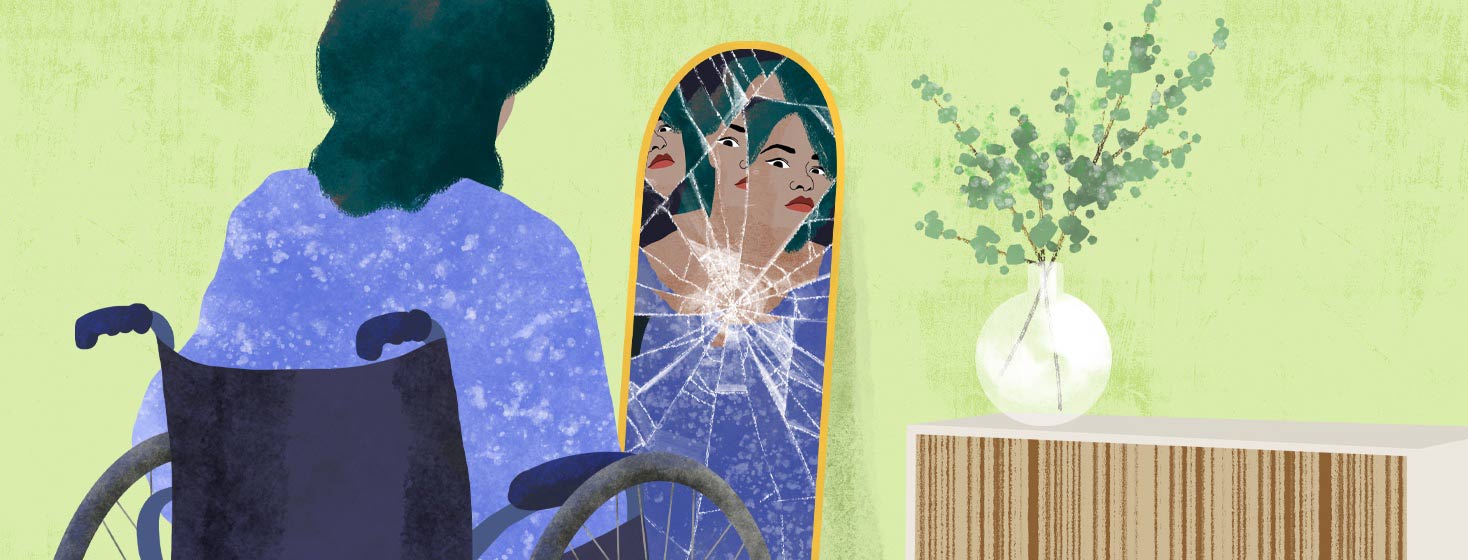Self-Stigma and How We Talk About HIV
Earlier this year, we began a conversation about self-stigma in our Facebook group. What we learned from the community about how they cope with this topic was incredibly valuable, especially for those who are newly diagnosed and adjusting to living with HIV.
What is self-stigma?
Patient leader Davina Conner shares her journey addressing self-stigma (also called "internalized stigma") and how she coped with judging herself based on the negative messages she had heard about HIV:
"The internal stigma (self-stigma) is what's killing us; it's not HIV at all, and we let it control who we are as human beings. No one asked for this condition, and we shouldn't feel like we are less than others at all. Why are we allowing society to help us feel bad about a condition that we live with, a condition that is now very manageable today?"
Read more about internalized stigma
- Facing Stigma by Davina Conner
- HIV-Related Stigma by Khafre Kujichagulia Abif
- The Stigmas I Face by Heather Renee
Tips from the community
In response to the Facebook prompt "What are some tips for overcoming self-stigma?" the following answers were given by community members living with HIV:
- Focus on daily gains, whether they be in exercise (how many pushups done today?), body weight monitoring at least twice a week, healthier eating, and proper rest.
- Tell yourself all the positive things you have going for you. If you have something to be grateful for, it can help temper the negative voices in your head.
- I laugh at myself. I've come so far that I have no tolerance for negativity.
This or That
What type of language is best when speaking about or addressing a person living with HIV?
Destigmatize through people-first language
Patient leader Khafre Kujichagulia Abif shares why he uses the term "people living with HIV,"
"People-first language (PFL), also called person-first language, is the use of language which puts the person before the diagnosis. People-first language describes what a person has rather than what a person is. It allows us to treat people as humans first and avoid marginalization or dehumanization when talking about people with a chronic illness or disability."
Read more on affirming language
- Using People First Language by Khafre Kujichagulia Abif
- Let's Change the Way We Speak About HIV by Davina Conner
- Media Just Needs to STOP! video by Jahlove Serrano
Quick Quiz
Using respectful terminology, a person in this online community is likely a "person _____ with HIV"
Interested in sharing your thoughts about living with HIV?

Join the conversation